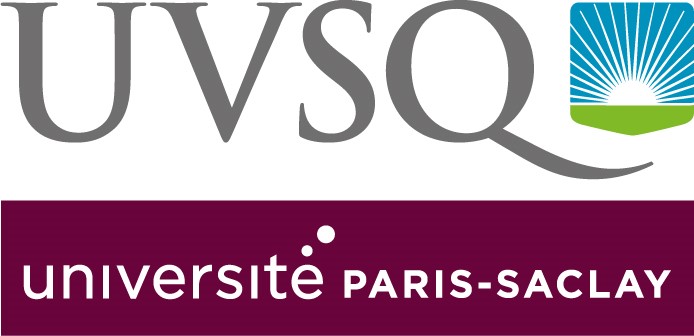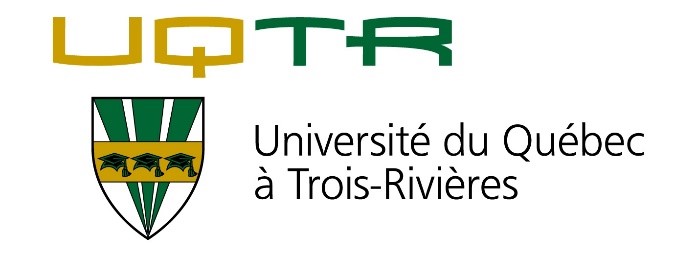About the Project
The mounting evidence of widespread police malpractice has highlighted the multiple obstacles facing citizens who complain about police acts they feel violate their rights and dignity. It has also proved difficult, even in established democratic countries, to mobilise governments to reform police complaints procedures and provide citizens with meaningful access to voice their grievances. As a result, there is currently an urgent need for investigations into citizens' access to complain against the police over acts and behaviour that they find objectionable.
The project investigates the options available for aggrieved individuals to challenge police malpractice, by comparing the powers, functioning, and resourcing of the independent police complaints bodies (IPCBs), the levels of empowerment granted to complainants, the cooperation - or non-cooperation - from police in holding erring officers to account. Currently policy makers, IPCB practitioners and civil liberties activists involved in reforming police complaints schemes face great difficulties in contextualising police complaints schemes in different jurisdiction and across national borders. In particular, the type of data and qualitative information provided by current and past IPCBs vary considerably and are often not comparable between jurisdictions.
The aims of the Police Accountability: Towards International Standards project are threefold:
Improve
Improve the empirical, methodological and theoretical frameworks to facilitate comparison and contextualisation of police complaints schemes and accountability mechanisms.
Develop
Develop international standards for independent procedures, resourcing, and good practice in the handling of complaints against law enforcement agencies.
Investigate
Investigate the current state of accountability in transnational policing conducted within networks such as Interpol, Europol, or the European Union's Area of Freedom, Security and Justice.
Only by bringing together existing data, experiences and insights from practitioners and academics from a range of countries will it be possible to develop a framework that allows contextualisation about performance. The Police Accountability: Towards International Standards project will help to provide the necessary basis for improving both scholarship and practice in the handling of complaints against law enforcement and thereby strengthening police legitimacy and public trust.












